
What is Generalization in ABA?
Share
One big concern in ABA is whether skills that are learned will carry over into other situations. This is especially important when a child receives services in a clinical setting. For example, a child can clean up his/her toys independently when prompted “clean up!” at the clinic. However, when the child’s parents say “clean up” at home, the child does not respond. This would reflect a lack of generalization. Generalization involves learning skills in one situation and then using those skills in another situation without specific teaching. So, what specific types of generalization are there and how do you promote increased generalization?
Stimulus Generalization
Stimulus generalization has occurred when someone can perform a learned skill in new circumstances. For example a child, should be able to perform the skill in a new place or with different people. An example of this is when someone learns to ask their mother for help and then spontaneously asks their father for help as well. Stimulus generalization also includes identifying objects as equivalent with one another. For example, knowing the word “cat” can apply to a variety of different looking cats like Siamese, Maine Coon, etc.
Response Generalization
Response generalization refers to learning a skill and then demonstrating a variation of it in similar situations. In other words, the individual engages in a similar behavior to a previously learned response to achieve the same result. A good example of this type of generalization is greetings. If you teach a child to greet someone by saying, “Hello,” and then they begin to say “Hi,” “What’s up?” and “How’s it going?”, they have demonstrated response generalization.
Maintenance of Learned Skills
Generalization across time means maintaining a behavior after it is learned. This is important because if a skill is learned and then forgotten, it would have to be taught again. One example of this includes learning to tie shoes. After this complex behavior is learned, we should not need prompts from anyone else. If we can continue to tie our shoes independently years later, we would say this skill has generalized across time.
Strategies to Enhance Generalization
- Teach a lot of examples: Do not just use one photo when teaching the word “cat”. As soon as possible, introduce other pictures of different cats to teach the child to generalize. That is why the ThinkPsych Picture Play Cards have three picture examples for every word to help accelerate language learning.
- Use two or more teachers: If a child will say the word “cat” when asked by a teacher, but will not demonstrate the response to other adults, there has been a lack of generalization to unfamiliar people.
- Practice mastered skills: Make sure require the child to continue to perform skills even if they are considered known. You can do this by bringing out old materials and making sure the child can still perform the skill.
- Teach behaviors in multiple environments: If you teach a child to follow certain rules at home, it should be practiced in other environments. For example if you teach a child to use an “inside voice”, you should practice that behavior in other locations, such as school, their grandparents’ house, and when out shopping.
- Use a variety of instructions: For example, if you are teaching a child to respond to the question “How old are you?” also teach the same response to the question, “What’s your age?” This teaches the child that these two questions, while different, are asking for the same information.
- Vary Acceptable Responses: Train loosely by teaching the child that there are multiple appropriate responses in situations. For example, if he/she is cold, he/she can put on a jacket or get a blanket.
- Reinforcement: It is important to reinforce a child when generalization occurs, such as he/she demonstrates a skill outside of the teaching environment, in the presence of different people or materials, or varies his/her responses appropriately.
Shop ThinkPsych Products
Our Picture Play Cards: First Nouns set is a fun and easy way to incorporate stimulus generalization into language learning! Each set comes with three pictures for each word to make learning new words a breeze. Best of all, they’re extra durable and will last you for years of fun! Learn more…
Too Much Generalization
Sometimes a child will start engaging in what is called “over-generalization”. This happens when a skill/behavior generalizes to an incorrect location, person, item, etc. Say you teach a child to say “mommy” when seeing a picture of his/her mom, but then he/she overgeneralizes the response “mommy” to all females.
Summary
Overall, generalization is very important when learning new skills. If a behavior only happens in one specific situation, there has been a failure to generalize. This is why we must focus on using strategies described above to promote generalization so we do not have to teach the behavior in every situation where the skill is relevant.
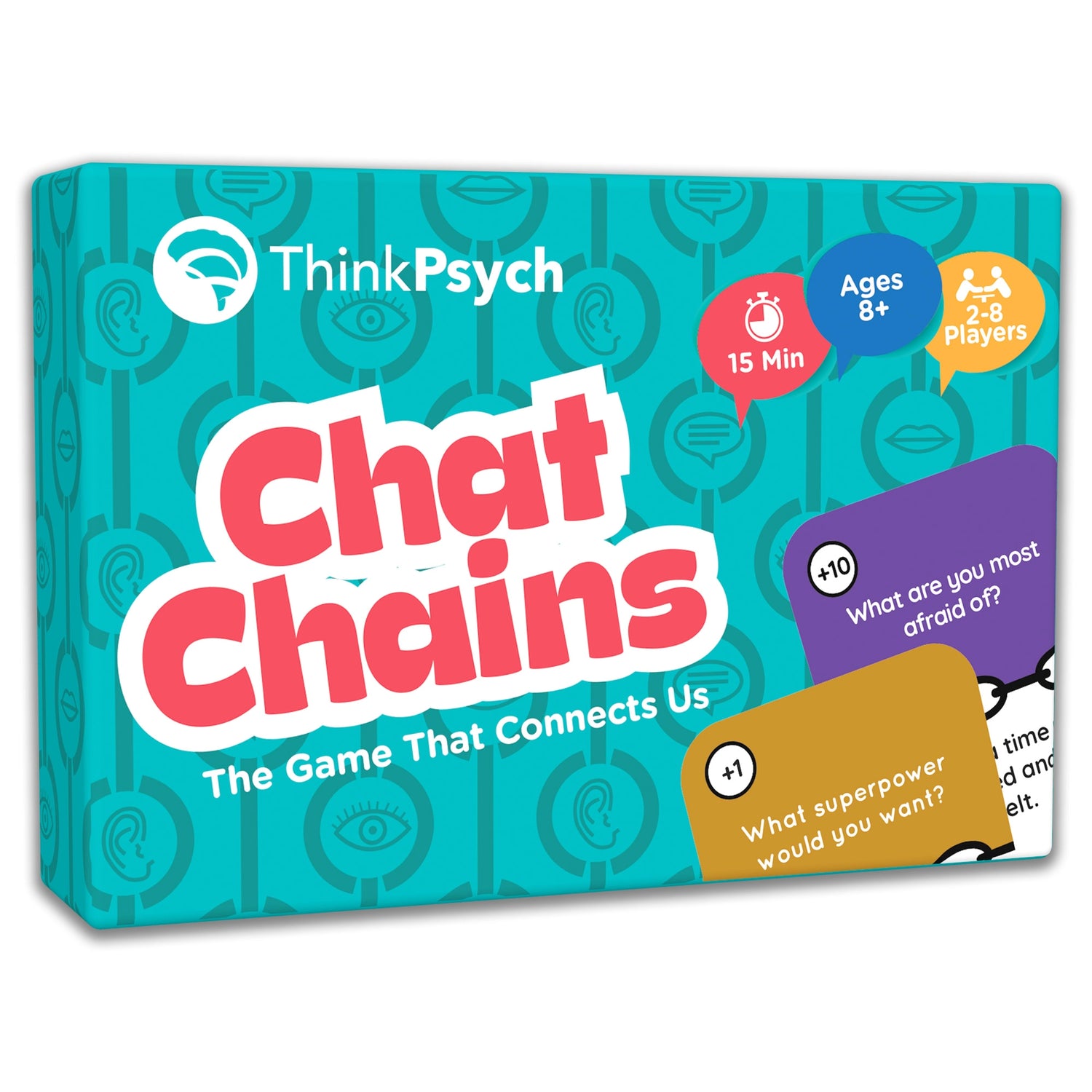

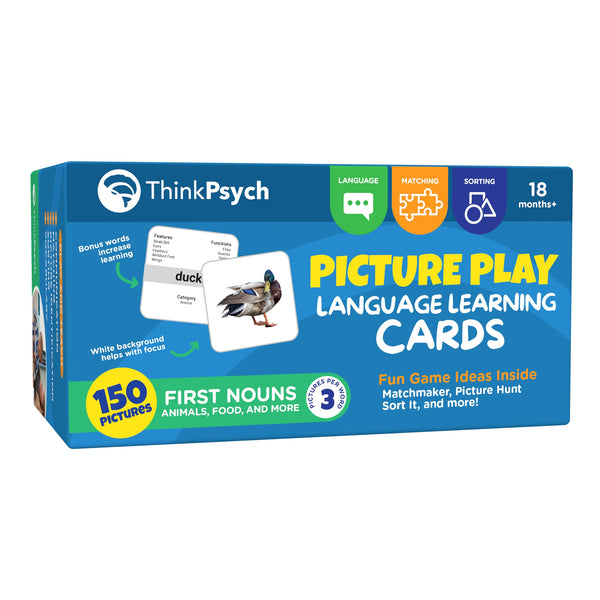
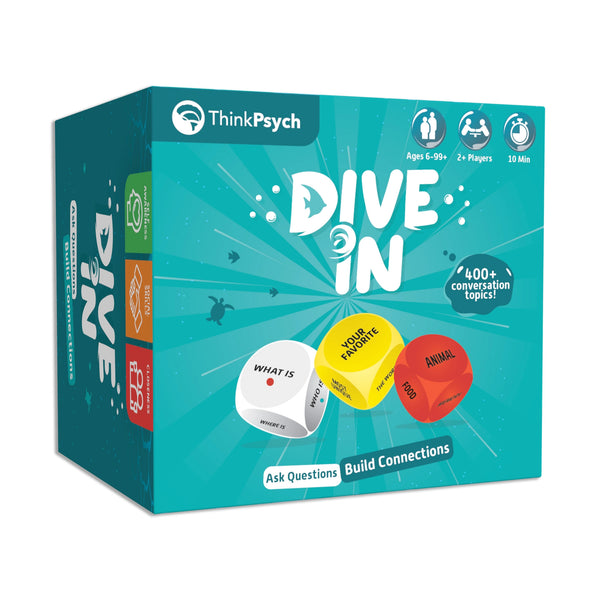
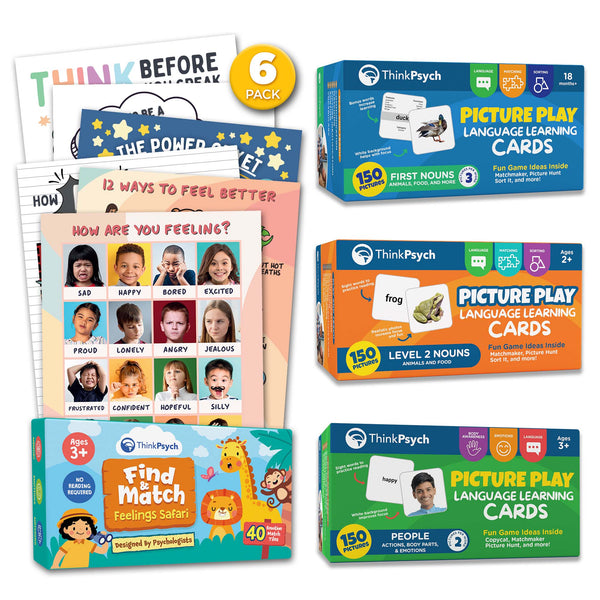
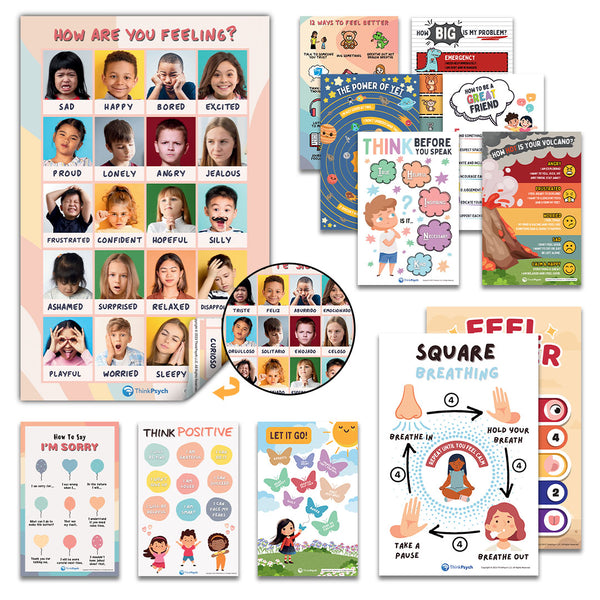
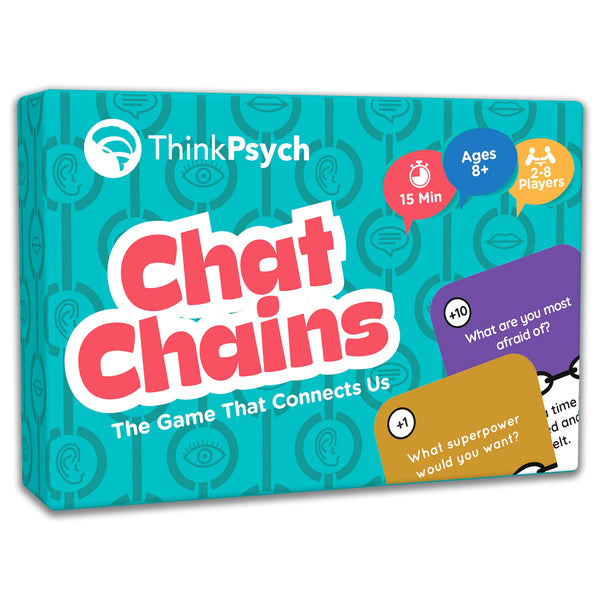



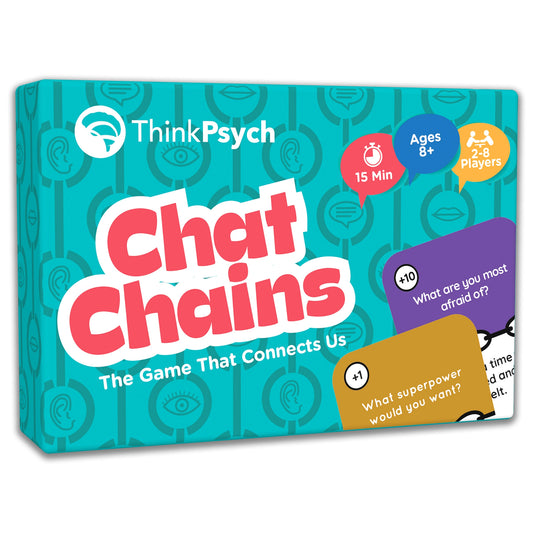
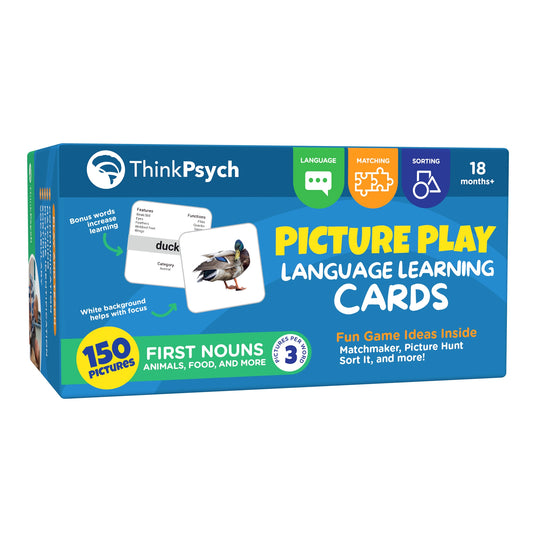
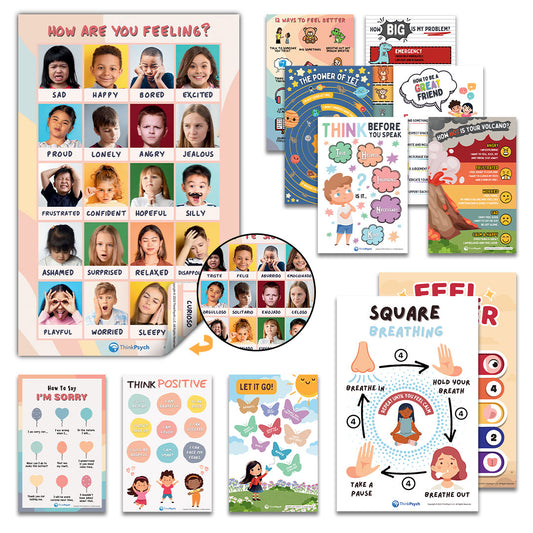
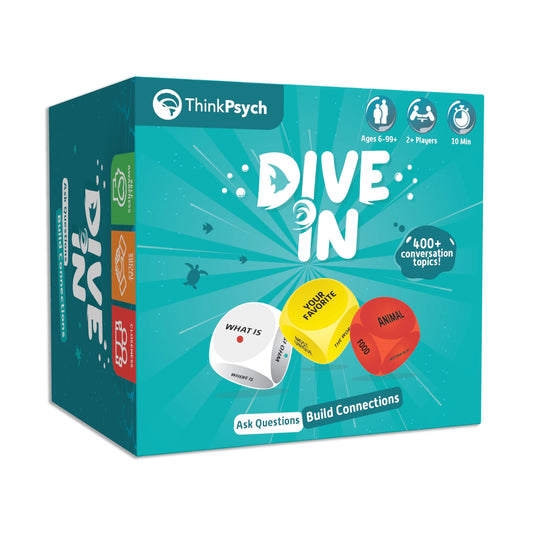
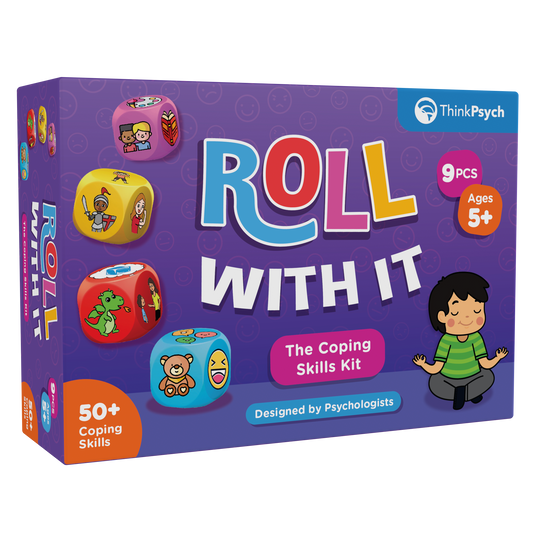



1 comment
Thank you so much for share this valuable information with us .